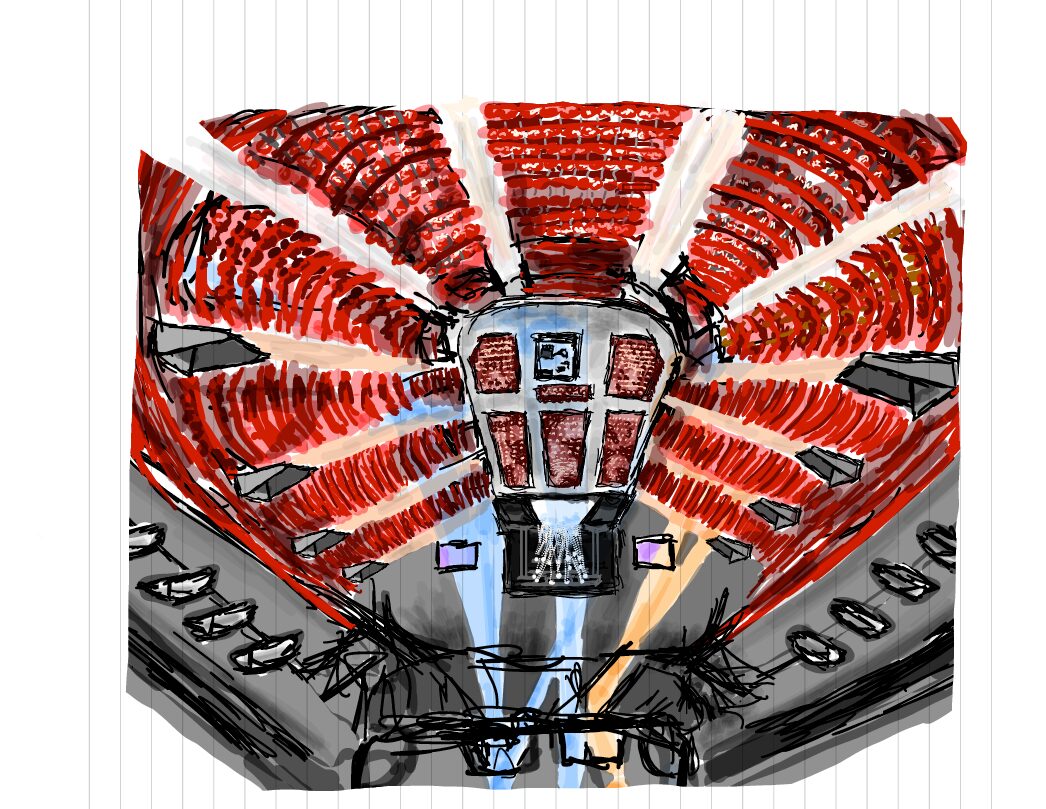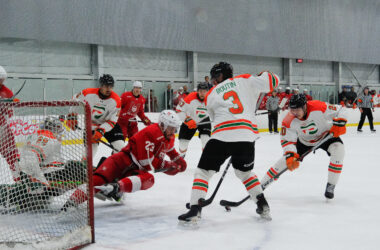With five minutes left to play in the third period, the Toronto Maple Leafs and the Montreal Canadiens are tied 2-2. In the midst of a close playoff race, both teams are looking to grab any precious points they can to push them into the postseason. In such a tight contest with back-and-forth chances all game, the final minutes should have the crowd on the edge of their seats, squeezing anyone around them as the teams go full throttle trying to pull ahead. Instead, both retreat into a defensive shell, no longer taking any chances, as they let the final few minutes wind down before overtime.
This is the reality of most NHL games that are tied in the final minutes of regulation. Teams take advantage of the NHL’s point system, staying cautious and stalling until they can get a guaranteed one point in overtime. Since a win in overtime, or in the shootout, is worth the same two points as a regulation win, and a loss in this scenario grants one point, there’s no reason to risk losing in regulation and miss out on a point that requires just holding out a few more minutes. Essentially, a game that ends in regulation is worth two points, but for some inexplicable reason, overtime or shootout games dole out a combined three points—two for the winner and one for the loser.
With nearly 25 per cent of NHL games from 2005 to now going to overtime, this system makes it difficult for teams to try and move up in the standings when their opponents can just stall until overtime and clinch at least one point. It’s commonplace for teams with less than five minutes remaining in regulation to just buckle down and wait for the third-period buzzer when the game is tied. The NHL needs to change this point system in order to prevent teams from taking advantage of this flaw.
An easy solution to the league’s problem would be the switch to the aptly-named “three points for a win” system. Similar to European soccer leagues, an NHL team that wins in regulation would receive three points while an overtime winner would be awarded two and the extra-time loser would still receive one. Thus, winning a game in regulation would be worth more than winning a game in overtime or a shootout. According to a 2007 Canadian Press article, NHL general managers flirted with this idea back in 2004, but support for the measure vanished while other, more drastic rule changes such as the shootout, were adopted.
Adding an extra point for a regulation win would provide an extra incentive for teams to try to push forward in the third period of games that are tied, especially for those fighting for playoff berths. Games approaching overtime would once again become exciting, with some teams on the brink of the postseason possibly pulling their goalie in order to get all three points. A team that looks bound to be eliminated from postseason contention could suddenly be back in the race by stringing together a series of regulation wins. Fans may be disappointed to see less overtime hockey and fewer shootouts but the added intensity at the end of regulation will make up for the lack of extra time.









Currently, regular season games that go into overtime are worth 1.5 points/team, rather than 1 point/team during the real game. Statistically, games that go to overtime are decided by nothing more than chance. Thus, teams OT and SO records have nothing at all to do with teams’ records of games decided in 60 minutes. Thus, the NHL rewards luck more than skill in its points system.
When we consider that 3 on 3 and shoot-outs are not hockey and have nothing to do with playoff hockey, the problem is exacerbated.
The 3-point system makes sure teams that succeed at real hockey get into the playoffs and get properly seeded.
Today what we get are teams like Montreal this year that are statistically much less able than all other teams to win games in 60 minutes. This bad habit makes them my pick to bomb out in the playoffs. Note, they only won 8 of their last 30 games in 60 minutes. They have the worst record of regulation wins and losses of any of the 16 playoff teams. Look for them to be bounced in the 1st round against the Rangers.